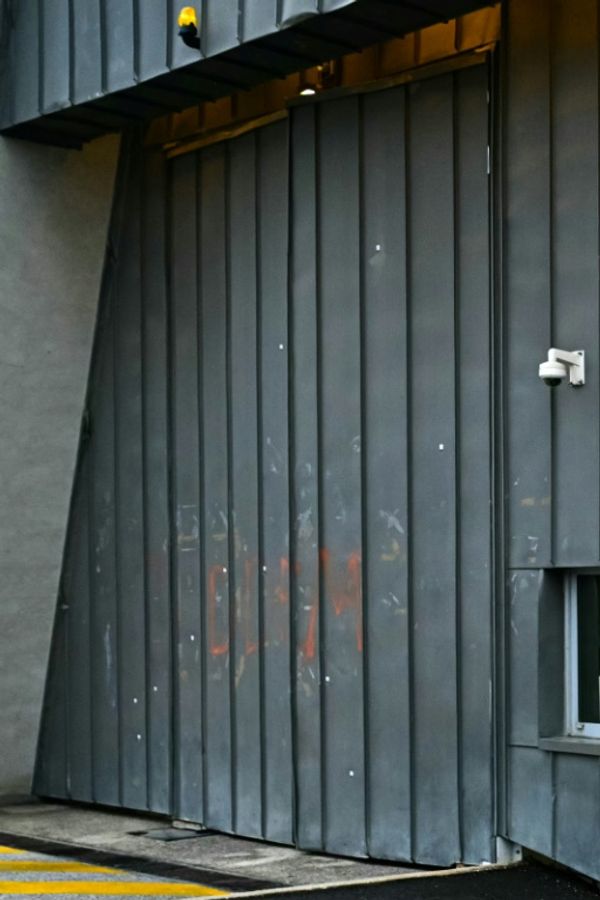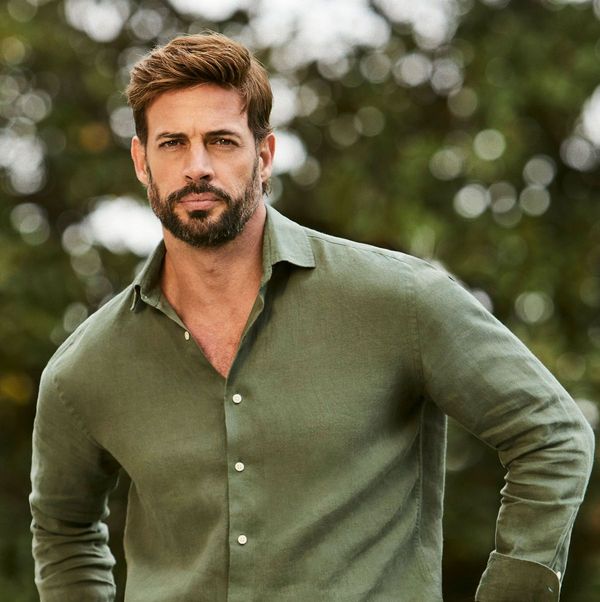
Perhaps the most tell-tale aspect of Johnny Sexton’s new autobiography is that it took seven years to stitch together. Seven years? Not since James Joyce took a similar timeframe to write Ulysses has there been such a slow-cooked Irish literary stew. And as Peter O’Reilly, Sexton’s excellent (and potentially long-suffering) ghostwriter, reveals in the final acknowledgments, there was little need for many supplementary interviews because of “Johnny’s exceptional memory for detail”. Combine those twin ingredients and a tasty dish is all but assured.
Because Johnny can remember everything and everyone. What his friends said and did, what his enemies were thinking (or, at least, what he thought they were thinking), how he felt at certain crucial moments. If it reads at times like a cold-eyed dispatch from an endless battle that is, for a good deal of his career, how it felt. “For so much of the time I was at war – with opponents, with rivals, sometimes with coaches, often with myself. For the most part … it felt like a fight.”
Which, let’s face it, will not massively surprise anyone who followed Sexton over the years. Fly-halves like him do not win 118 Ireland caps, twice represent the British & Irish Lions, secure two grand slams and become world player of the year by dutifully holding the door open for their opponents. There were porcupines less prickly than a relentlessly-driven Sexton, which is what makes his retrospective musings so fascinating. For years he was gripped by such a fierce competitive force that, at times, it consumed all else.
It also explains the title: Obsessed. The digested read can be found on page 300 when he recalls the time Stuart Lancaster invited the entire Leinster squad to undertake a colour-coded personality test, the idea being to discover how many were deep-thinking blues, laid-back greens, extrovert yellows or strong-willed, ultra-competitive reds. When the results came back it turned out the squad contained just one pure, deep-throbbing red. Guess who?
And yet. This is the very same individual who once wanted to become a doctor and whose game as an out-half was built around clarity and tactical precision. If Sexton was just a red-mister, he would never have made it to the top. Which is why his book is a must-read for anyone who assumes most top pros are emotion-free robots. Sexton, now 39, does hint that his wife, Laura, thinks he lacks empathy but he has clearly spent years trying to work himself out.
The result is, for the most part, a revealing glimpse into the psyche of a serial winner. This is no leafy lane memoir. Sexton seldom suffered fools and fond reminiscences of socialising with the opposition are conspicuously absent. Take his spat with the All Blacks centre Rieko Ioane following the final whistle of Ireland’s gutting World Cup quarter-final loss to New Zealand. If Ioane’s parting shot – “Don’t miss your flight tomorrow. Enjoy your flight home, you cunt” – were less than gracious, Sexton is honest enough to concede that he was frequently no choirboy himself.
No wonder the argumentative Roy Keane became his big hero growing up as a Manchester United supporter. Or that he struck up a rapport on the 2013 Lions tour with the similarly wired Owen Farrell. Sexton was already bridling at his school teachers from his early years and, for all his playmaking talent, could start a row in an empty dressing room. But if that paints him as uncomfortable company there has always been another side to him. I once spent an evening sitting with him and Laura at the Rugby Union Writers’ Club awards dinner in London, and was struck by his courtesy and respect towards old-school alickadoos and media types with whom he might not naturally have rushed to break bread. The next day, after we had politely sought to cover his accommodation expenses, we were told he had quietly settled his hotel bill himself. So much for the ever-present red mist.
There are sly surprises in the book, too. Did you know Sexton would sneak away to mass on the eve of big Ireland games? Or practised mindfulness techniques? Or that he was a frequent migraine sufferer? Or that he and his supposed arch-enemy Ronan O’Gara became mates when both were living in Paris and employed by Racing 92? People tend to assume they know a person pretty well when they have watched them play top-level rugby for 15 years. Sexton is far more layered than that.
His genuine admiration for consistent winning coaches such as Joe Schmidt and Andy Farrell also shines through. It recalls something his perceptive former Leinster and Ireland midfield colleague Gordon D’Arcy once told me. “His drive is not for perfection, it’s for success,” explained D’Arcy, highlighting the difference between Sexton’s on-field and off-field personas. “It didn’t use to matter if you were going for dinner with him that night, with your wives and partners, or if you were someone he couldn’t stand. Everybody was equal within the white lines.” Michael Cheika, his first Leinster coach, still remembers the “daggers” the young Sexton would give him when not selected. “I could see him cursing … I could see the thought bubbles coming out of his head.”
Sexton’s “rugby IQ” and ability to shape a game, though, have long since been globally admired. There is just one glaring shamrock-shaped hole in the narrative: the absence of a clearly much-desired chapter detailing how and why Ireland won the 2023 World Cup. “I’m still convinced that we were the best team at the tournament,” writes Sexton, who says he will probably never be able to re-watch that fateful quarter-final loss. Read Obsessed and you will understand why.
Obsessed, The Autobiography by Johnny Sexton is published by Penguin, Sandycove on 10 Oct; £25. Available to pre-order now.
This is an extract taken from our weekly rugby union email, the Breakdown. To sign up, just visit this page and follow the instructions.







